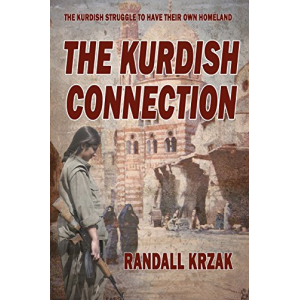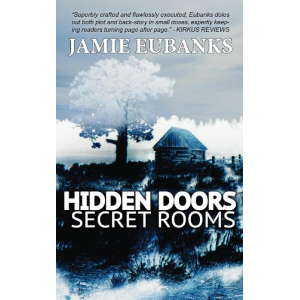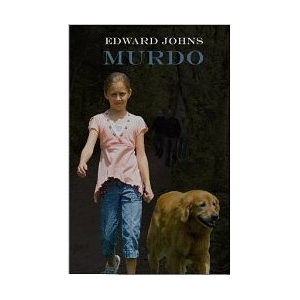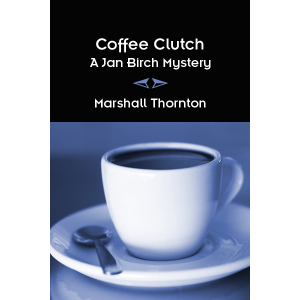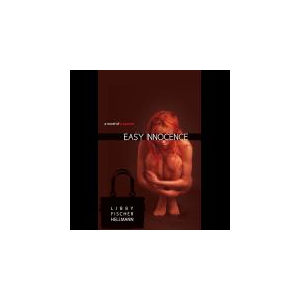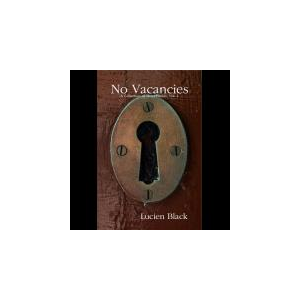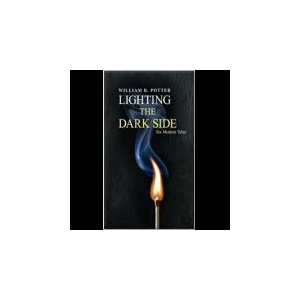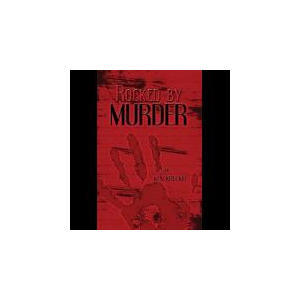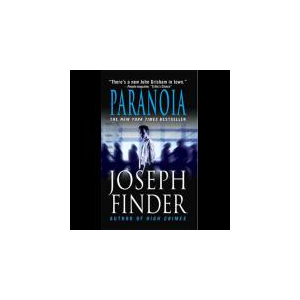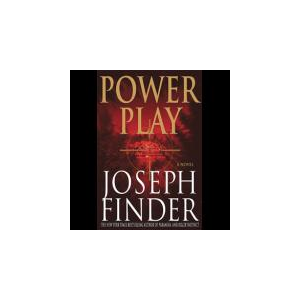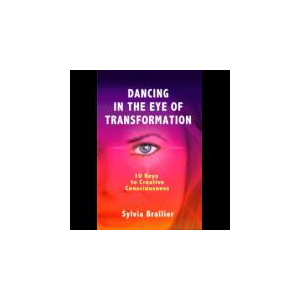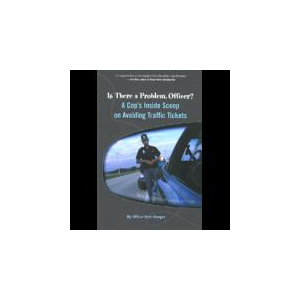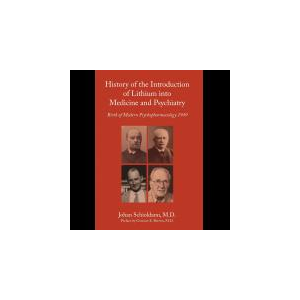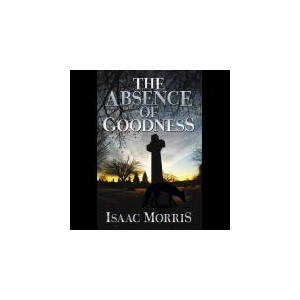The Shadow: The History and Mystery of the Radio Program, 1930-1954
The Shadow -- for the consideration of those who never heard a radio broadcast or read a pulp magazine -- was a supernatural sleuth with a sepulchral chuckle. A detective whose success in tracking down criminals became a popular long-running radio program from 1937 to 1954, after beginning a number of years before as a ghost-like voice introducing a bone-chilling murder play that concluded with a sinister laugh.
The Shadow was originally the voice of conscience and it was through the fear he aroused in the minds of criminals that they exposed their own villainy or destroyed themselves. Never committing cold-blooded murder for the sake of justice, The Shadow suffered a harrowing existence of close calls and death-defying challenges. His exploits were many; a career paced by chase and gun play. Werewolves, vampires, psychotic murderers, gangsters, mad scientists -- he battled them all.
Looking back on the program today, it is hard to decipher which was more fun -- The Shadow's methods at plaguing a guilty conscience or the variety of horrors and villains he fought against.
The program left an impression on adults who enjoyed reading the pulp magazines and on young children who listened to the chillers. Radio station KQW in San Jose, California, created its own radio advertisement to promote the station one depicting two children at play remarking, I don t want to be Napoleon any more I want to be The Shadow. Show More
The Shadow was inspiration to many, famous or fan. In his autobiography, Isaac Asimov fondly recounted filching the exciting yarns of The Shadow pulps from his sleeping father and replacing the magazine before he woke. Dick Ayers, creator of the Ghost Rider for the comics, admitted there was a blending of enthusiasm in his interpretations of the Ghost Rider's speech, influenced not by the pulp magazines, but by having been an avid fan of the radio program. Scriptwriters for the radio program later recycled their Shadow plots for novels and short stories -- Alfred Bester recycled one of his Shadow plots into the 1952 novel The Demolished Man, which won him a Hugo Award in 1953.
This 800 page book documents the entire history of the long-running radio program, with rare never-before-seen photos, interviews with cast and crew, and a carefully organized presentation of the facts. Through extensive research of original radio scripts, newspapers on microfilm and various archives across the country, this book is sure to please both casual and devoted fans of The Shadow. An extensive episode guide with plot summaries and an index enhance the book's appeal.

